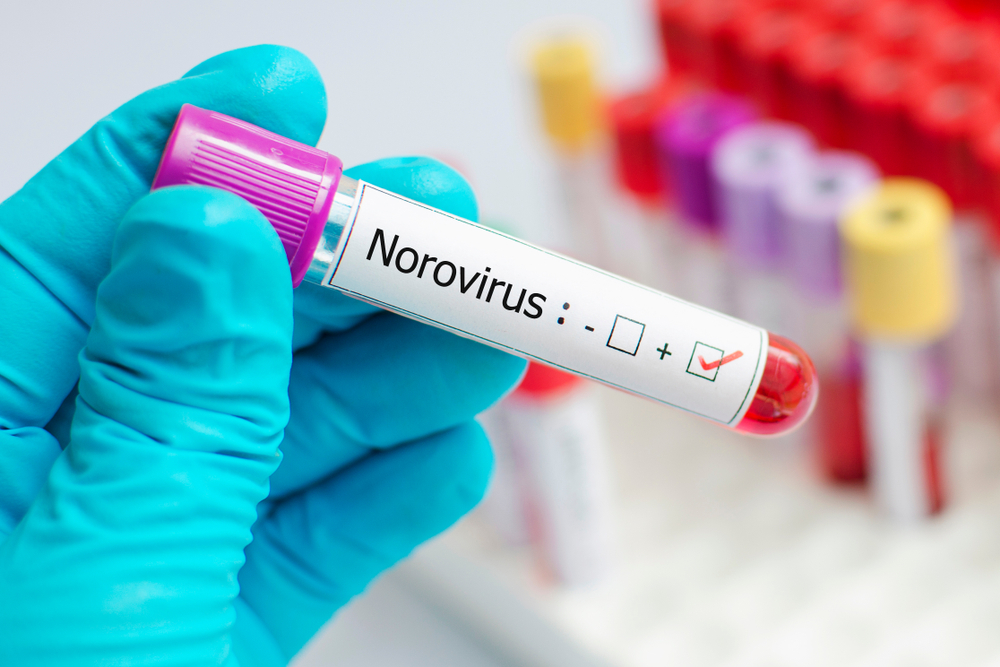
A study funded by the Centers for Disease Control and Prevention (CDC) determined that the most serious outbreaks of norovirus could be tracked to a particular genotype of the virus.
The study, published in the Journal of Infectious Diseases, tracked nearly 3,800 outbreaks in the United States between 2009 and 2016, analyzing the factors that influenced severity. It represents the largest study of its kind. By its end, researchers had linked national outbreak reporting system data and that of a laboratory surveillance network collecting data about norovirus genotypes.
“Linking data from these two different sources gives us a really powerful tool, a different way to look at norovirus outbreaks in the U.S., and a better understanding of some of the interactions between what is going on with the virus versus the host versus the environment,” Rachel Burke, leader author of the study, said.
The study found that dire effects like hospitalization and death, as well as outbreaks in health care settings, were most commonly linked to genogroup II type 4. Such a link means that scientists now know what to target in future vaccines. No current vaccine protects against norovirus, although several potentials are in development.
The highly contagious norovirus causes as many as 800 deaths and 19 to 21 million cases of vomiting and diarrhea each year, according to CDC data. It is a direct contact-induced virus, meaning it is spread entirely by person to person, consumption of contaminated materials or touching contaminated spaces.




